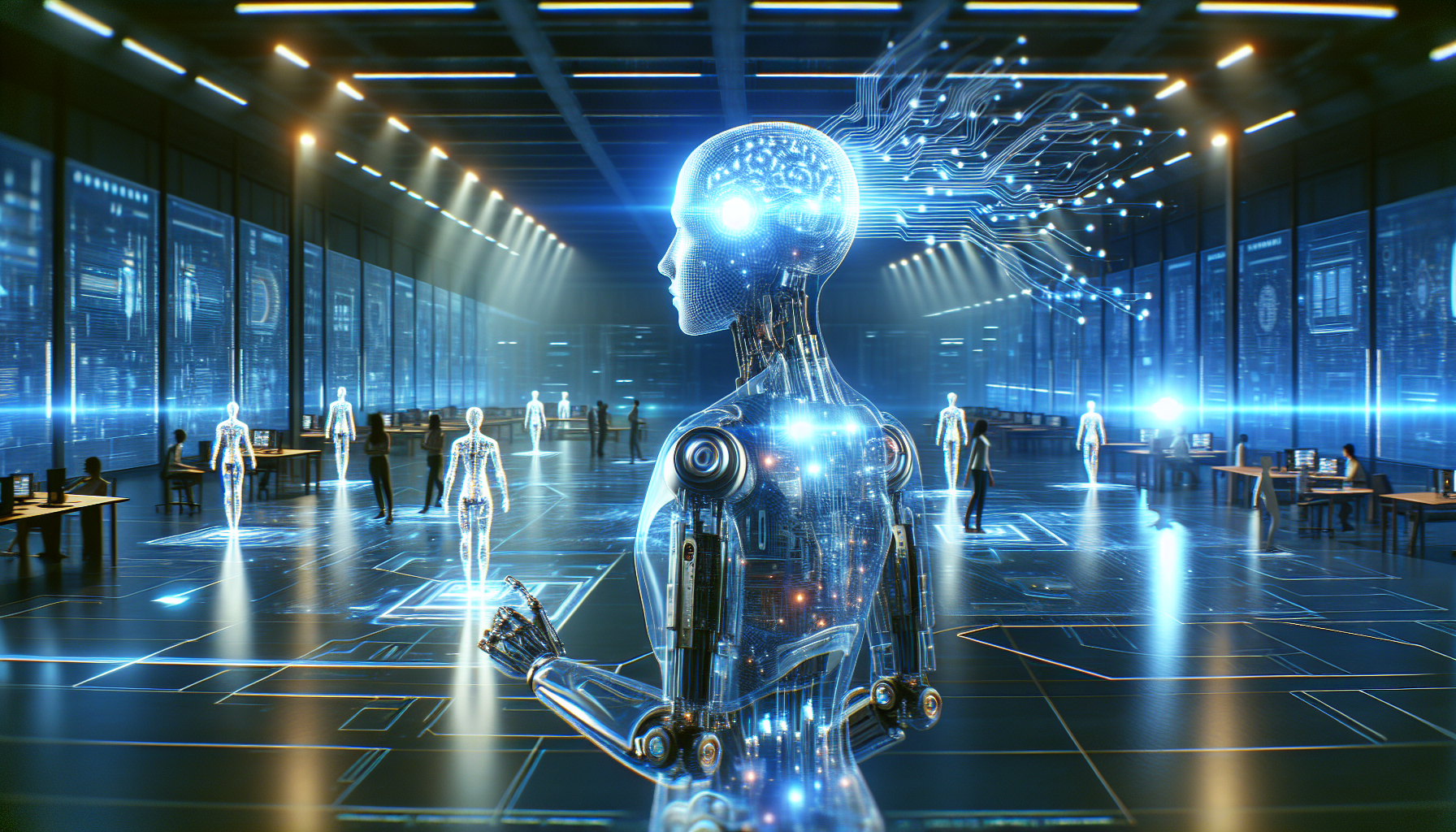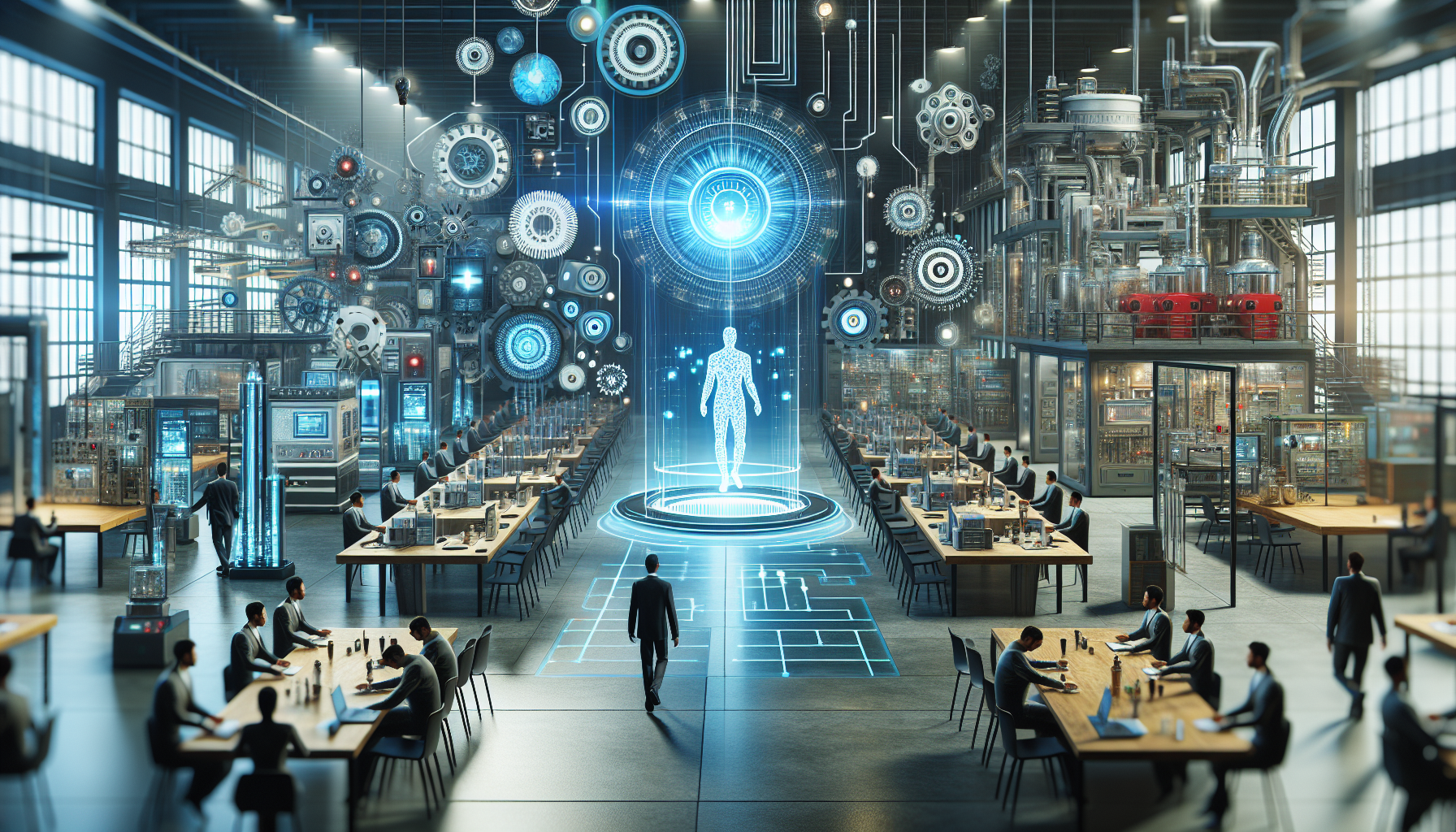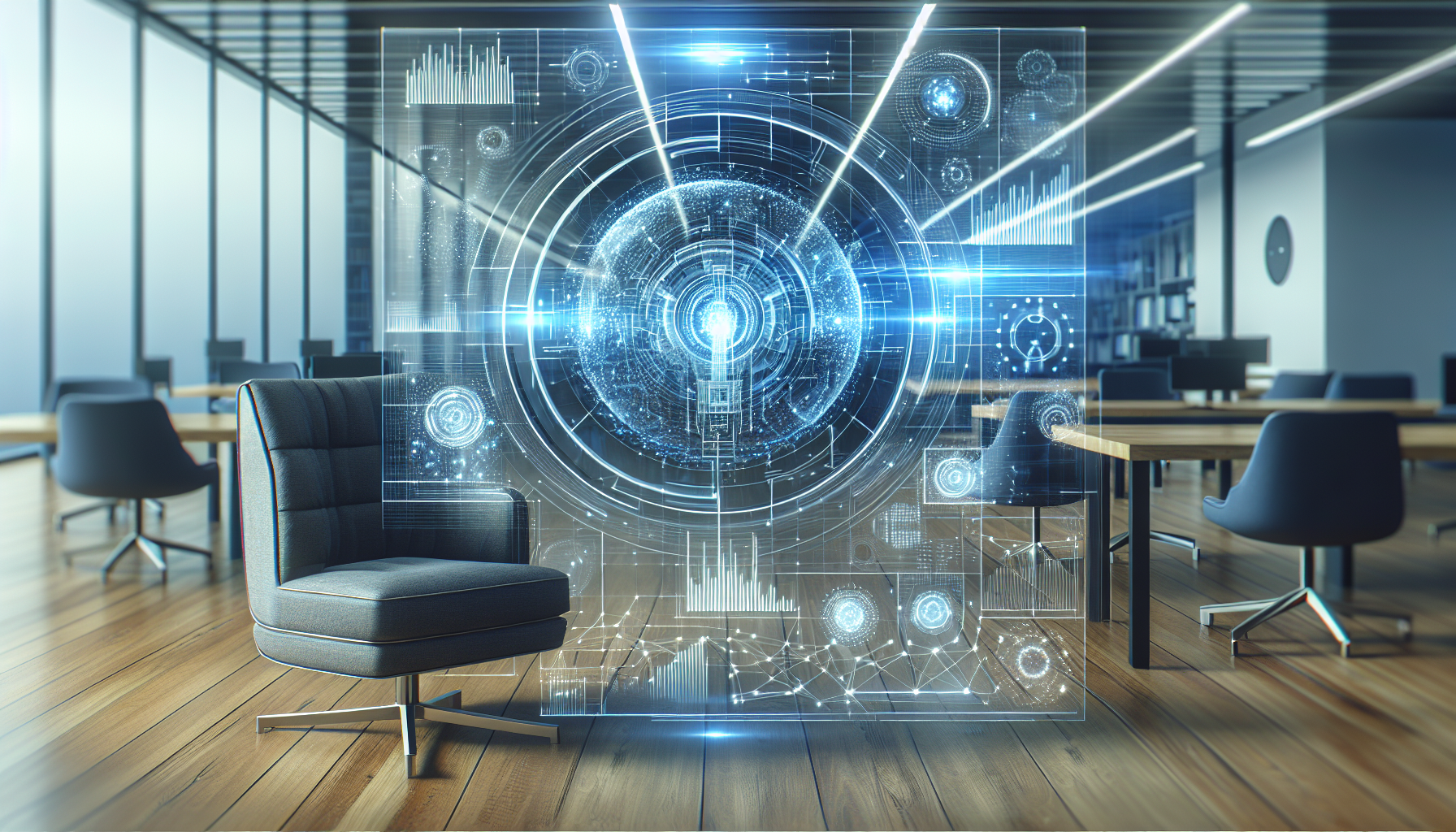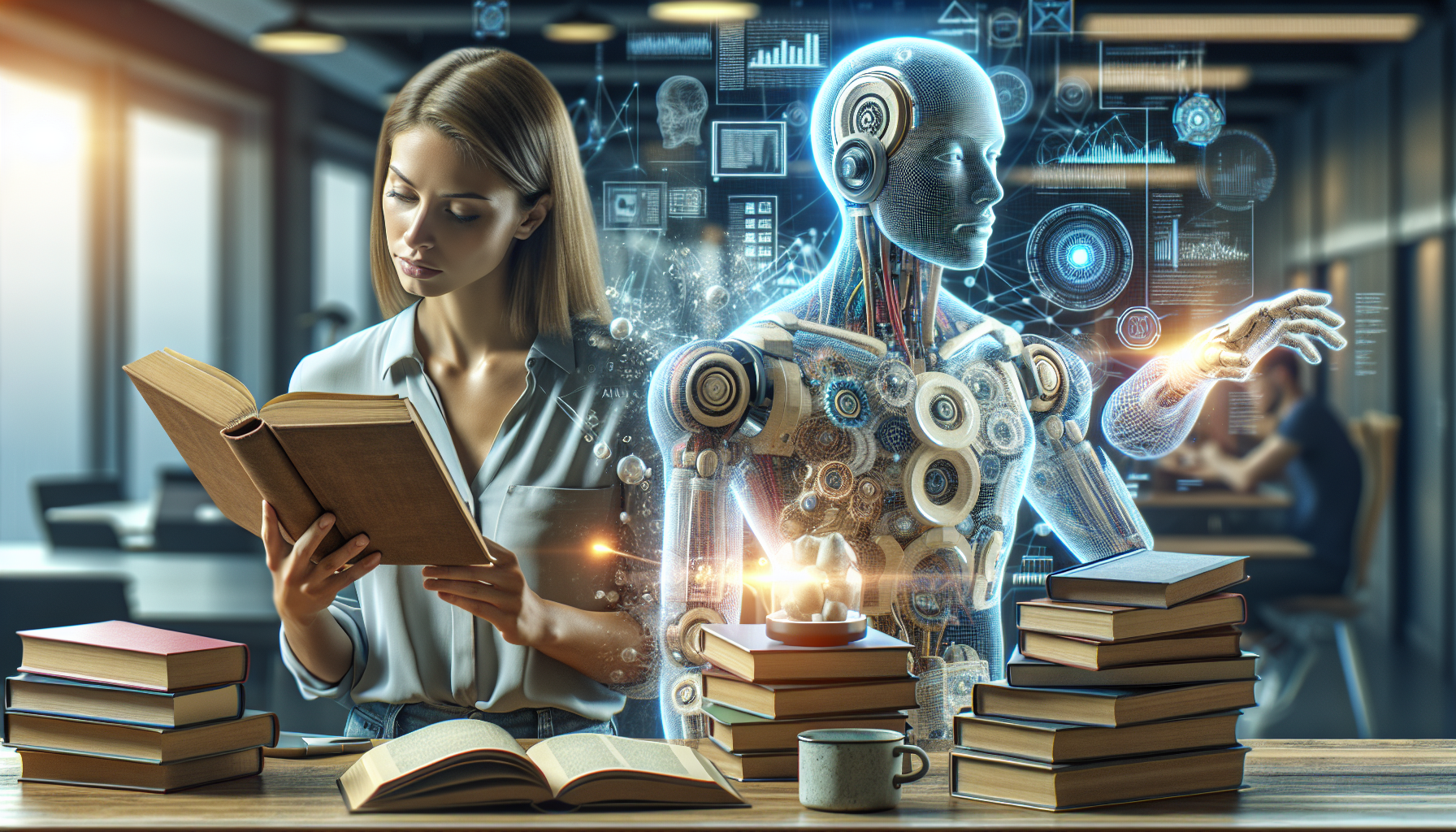
The Psychological Impact of Artificial Intelligence: Predicting a Future of Human Behavior
July 24, 2025
Artificial Intelligence, or AI, is no longer a concept reserved for science fiction narratives; it is an undeniable part of our lives, infiltrating industries, homes, and even our personal relationships. While the technological marvels of AI have been widely discussed, a more pressing concern lingers beneath the surface: the psychological effects of AI on human behavior. As AI continues to evolve, the future of human interaction with these technologies demands critical examination.
AI's influence on human psychology is profound, starting with its capacity to alter social dynamics. Consider the rise of AI-driven personal assistants—tools designed to simplify our lives by answering questions, setting reminders, and even engaging in small talk. While convenience is a clear benefit, the subtle psychological impact of these interactions cannot be overlooked. The reliance on AI for companionship, even in a basic form, could potentially diminish the value of human-to-human connections, leading to a society where interpersonal skills become underdeveloped.
Moreover, AI's ability to predict and influence human behavior is a double-edged sword. Algorithms that tailor content to individual preferences can create echo chambers, reinforcing existing beliefs and limiting exposure to diverse viewpoints. This psychological phenomenon, known as confirmation bias, is exacerbated by AI's precision in curating information. The risk is a future where individuals become more insular, their perspectives narrowing rather than broadening, potentially leading to greater polarization within societies.
The psychological implications extend to the workforce, where AI's growing presence threatens to reshape employment landscapes. Automation and machine learning technologies have already begun to replace certain job roles, leading to anxiety and uncertainty about the future. The psychological toll of this shift—fear of obsolescence, loss of purpose, and diminished self-worth—can have far-reaching consequences on mental health. As AI continues to advance, the challenge will be to find ways to integrate these technologies while preserving human dignity and the intrinsic value of work.
In the realm of decision-making, AI's influence is equally significant. The reliance on AI systems to make data-driven decisions can lead to a devaluation of human intuition and creativity. As we increasingly defer to algorithms for choices in areas like healthcare, finance, and law enforcement, the risk is a future where human judgment becomes secondary, potentially stifling innovation and ethical considerations. This raises a critical question about accountability—when AI makes a decision, who is ultimately responsible?
Another psychological effect of AI is its impact on privacy and surveillance. The omnipresence of AI in surveillance technologies can create a society where individuals feel constantly monitored, leading to heightened anxiety and paranoia. The psychological toll of living under constant observation can erode trust and foster a culture of fear, fundamentally altering human behavior in public and private spaces.
Furthermore, the development of AI capable of emotional recognition and response introduces new complexities. While these systems are designed to enhance user experience by adapting to emotional cues, they also raise ethical concerns about manipulation and consent. The potential for AI to exploit human emotions for commercial or political gain presents a future where autonomy over one's feelings and reactions could be compromised.
Despite these concerns, it is crucial to acknowledge that AI's impact is not inherently negative. The potential for AI to augment human capabilities and improve quality of life is immense. However, navigating the psychological landscape of AI requires a critical approach, one that prioritizes ethical considerations and human well-being. As we look to the future, the challenge lies in balancing technological advancement with the preservation of core human values.
The psychological effects of AI on human behavior present a complex tapestry of challenges and opportunities. As AI continues to weave itself into the fabric of our daily lives, the question we must ask is not whether AI will change us, but how we can ensure that these changes enhance rather than diminish our humanity. In a future increasingly defined by artificial intelligence, it is imperative to maintain a vigilant, critical perspective, ensuring that the psychological impacts of AI serve to enrich, rather than impoverish, the human experience.


